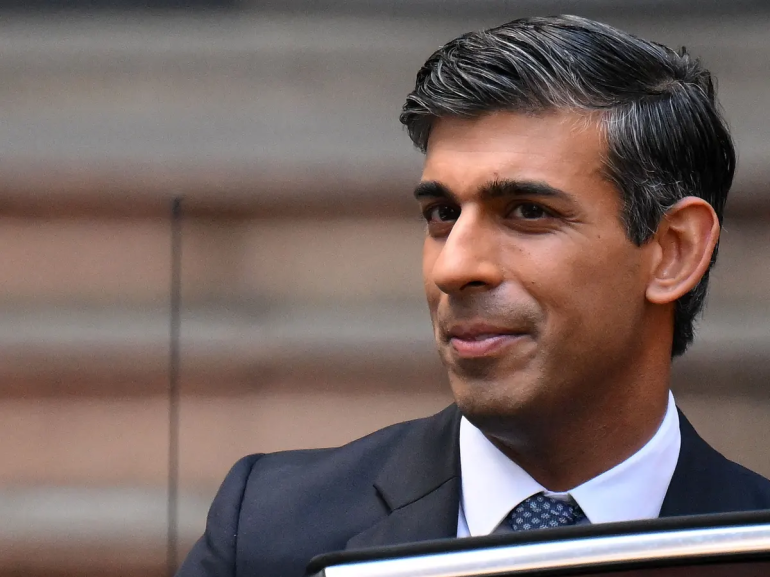
Businesses Criticize Rishi Sunak's Delay in UK's Net-Zero Policies
Posted 21/09/2023 04:37
Rishi Sunak, the UK Prime Minister, has announced a delay in several key net-zero policies, including pushing back the ban on the sale of new petrol and diesel vehicles to 2035 and delaying regulations to phase out the use of gas and oil boilers in homes. Sunak framed these decisions as "sensible green leadership" aimed at easing the transition, but they have been widely criticized by businesses, investors, and environmental groups as a "historic mistake."
The move has raised concerns about economic stability, investor confidence, and job security, particularly in industries related to electric vehicles (EVs) and renewable heating solutions. Charge UK, representing EV charging service providers like Shell and BP, said the delay would compromise the entire EV industry and place jobs, consumer confidence, and investor confidence at risk.
Climate change think tank E3G coordinated an open letter signed by more than 250 NGOs and businesses, labeling the weakening of net-zero commitments as "shameful." The letter argued that this decision would have a lasting impact on the UK economy and the climate.
The delay in net-zero policies follows other recent issues harming the UK's green credentials, such as the failure to attract offshore wind developers in the latest Contracts for Difference (CfD) auction round and the commitment to issue "hundreds" of new North Sea oil and gas licenses.
Rishi Sunak's decision is viewed by some as a political move in preparation for the next election, expected in 2024. However, it has generated backlash within his own party and among industry stakeholders.
Critics argue that delaying these policies will extend the UK's reliance on fossil fuels, undermine previous investments in renewable technologies, and make the overall energy transition more expensive.
The UK's ability to meet its net-zero targets and provide policy stability for green industries is a topic of concern for many stakeholders, and these policy delays have raised questions about the government's commitment to its climate goals.








